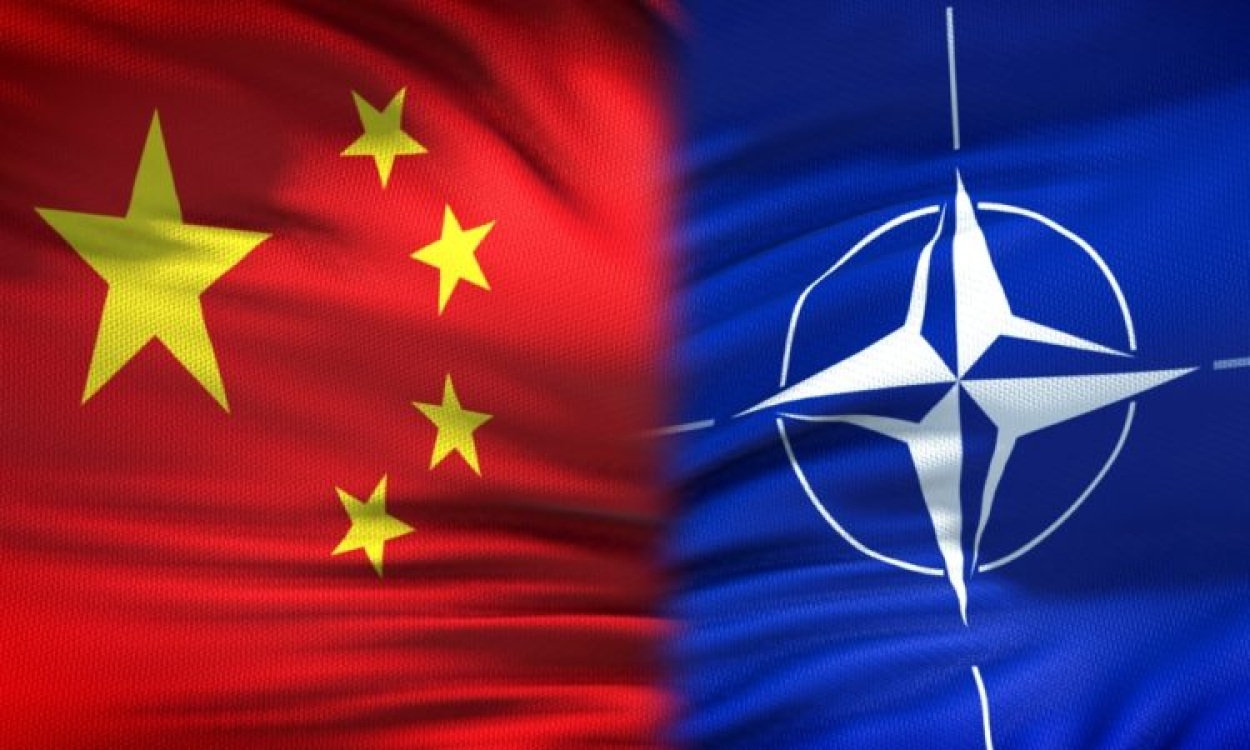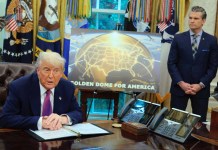The election of Ishiba Shigeru, a former defense minister, as the President of Japan’s ruling Liberal Democratic Party (LDP) and, consequently, the Prime Minister of Japan has set in motion several aspects that may see nuanced changes in Japanese policy.
As a hardliner on national security, Ishiba is known to promote an Asian NATO in a bid to deter China while recognizing the increasing threats from North Korea and Russia.
When Ishiba was out of government, his talk about Asian NATO envisaged a larger role for Japan in defense without always depending on the United States, which was, however, a given partnership.
During the Kishida period, Japan took several steps towards a larger role in the defense sector. It started producing more equipment and exporting it under the official security assistance in parallel to its ODA; its defense white papers became more vocal about the strategic threats Japan faced. The engagement with the Quad became more robust. Japan held Its first exercises with NATO countries earlier this year.
Japan, along with South Korea and Australia, has regularly participated in NATO summits since the Ukraine crisis. More recently, when Kishida went to the US to meet Biden, he spoke about Japan now being a global rather than a regional partner.
He has raised defense spending to almost 2% of GDP, giving Japan a very robust defense posture—a great change from its post-war position. Kishida and Abe achieved this without any amendment to the Constitution, but Ishiba evidently wants more.
In a signed article for the Hudson Institute on Japan’s new security era and the future of Japan’s foreign policy, Ishiba wrote about his opinion a few days before he was elected as LDP president.
The paper essentially posits three viewpoints. First, there is a need to establish an Asian NATO. Ishiba wrote that the Ukraine crisis had altered the global security environment, and he seems critical of the US for not robustly defending Ukraine because it is not in NATO. He seems to believe that under Article 51 of the UN Charter, Ukraine had the right to collective self-defense on request against an aggressor country.
However, the US did not invoke Article 51. Ishiba ignored the fact that Russia and China would have vetoed this.
The logic for an Asian NATO moves forward on positing a Chinese invasion of Taiwan to create a more localized Ukraine crisis for Japan. Without any collective self-defense system like NATO in Asia, Ishiba believes that there is no obligation for mutual defense.
Hence, he believes that the creation of an Asian NATO is essential to ‘deter China by its Western allies,’ which includes itself and presumably Korea and Australia, which are all US treaty partners.
Ishiba wrote that the Japanese Cabinet decided during the Abe period to reinterpret the Constitution, permit collective self-defense, and allow the Japanese SDF to retaliate, even if the attack was not directly on Japan. The Kishida Administration approved the three security documents and increased the defense budget to ensure that such a counter-strike capability for the Japanese SDF was feasible.
The second emphasis of Ishiba’s article is that while there are piecemeal articles and rules for Japanese policy adjustment, there is no basic law on security issues until now.
He believes that the geopolitical crisis around Japan is at a point where war could happen without notice. In order to be prepared for such a situation, Japan needs its own national security legislation. This has been discussed within the LDP, and Ishiba believes that he may have a mandate to take this forward.
Ishiba notes the frequent Quad summits, the rise of AUKUS, and the trilateral security cooperation between the US, Japan, and South Korea, which was clearly enunciated during the Kishida period and is now institutionalized.
The US and Japan are reviewing the SDF’s command-and-control structure in relation to US forces in Japan. Japan is looking at joint production of defence equipment with the US and NATO countries like the UK and Italy.

Ishiba sounds like the normal Japanese alarm on North Korea and its military alliance with Russia, which also has nuclear dimensions.
Japan feels threatened by North Korea’s nuclear and missile capabilities. If the Russia-China-North Korea alliance is seen together, as he infers, then the US extended deterrence in the region will not be adequate.
This is why Ishiba believes that an Asian NATO to ensure nuclear deterrence against China, Russia, and North Korea is imperative. Not only should there be a NATO, but US nuclear weapons should be shared with its partners in the Indo-Pacific, or nuclear weapons should be introduced in this region, he clearly states
These are important ideas that perhaps stretch the logic of Japan’s network of partnerships in the region. He also speaks about the importance of H ADR in the region, which he believes will also benefit from an Asian NATO.
The final part of his essay emphasizes that Japan must be an equal partner of the US, and their alliance should be like the US-UK Alliance.
It is not clear to me why he sees the UK as an equal partner of the US and seeks to emulate that.
Nevertheless, his desire to be equal with the US in security policy so that ‘Japan should secure its independence and peace and proactively and positively contribute to a stable international environment’ could be achieved. He believes that the time is ripe for revising the perception of the Japan-US security treaty into a treaty between two ‘ordinary countries’ who are equal. He intends to reduce the asymmetry in their obligations under the treaty.
Currently, US forces can defend Japan and be based there. Now, Ishiba believes that the Japanese SDF can be stationed in Guam under a similar agreement to the US for stationing troops in Japan.
More importantly, he proposes that US bases in Japan could be jointly managed by the Japanese SDF, which could reduce friction with local populations around many of these bases.
It is my mission, says Ishiba, to have Japan develop its own military strategy and become an independent security partner on equal terms with the US. He wants to raise Japan to a level where it can defend itself without depending on others and contribute to the stability of the Indo-Pacific through such enhanced capabilities.
Whether Ishiba, as PM of Japan, will fulfill some of his hawkish ideas will be tested. He will certainly raise hackles in Beijing, bellyache in Moscow and Pyongyang, concern in election-bound Washington, and anxiety in ASEAN capitals.
- Gurjit Singh is a former Ambassador to Germany, Indonesia, Ethiopia, ASEAN, and the African Union Chair, CII Task Force on Trilateral Cooperation in Africa, Professor, IIT Indore.
- Contact EurAsian Times at editor (at) eurasiantimes.com
- Follow EurAsian Times on Google News




